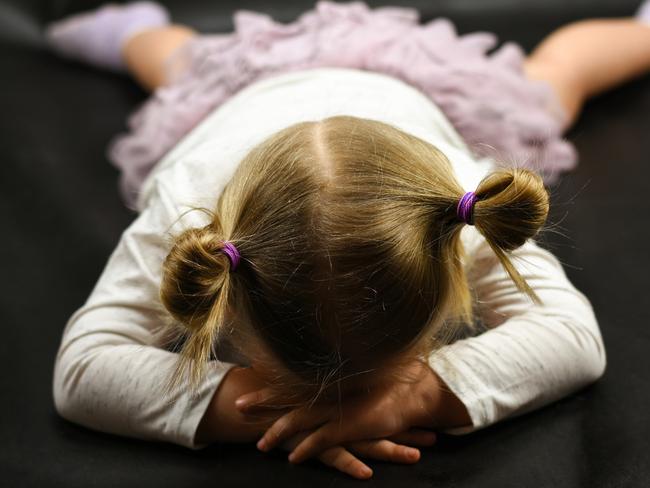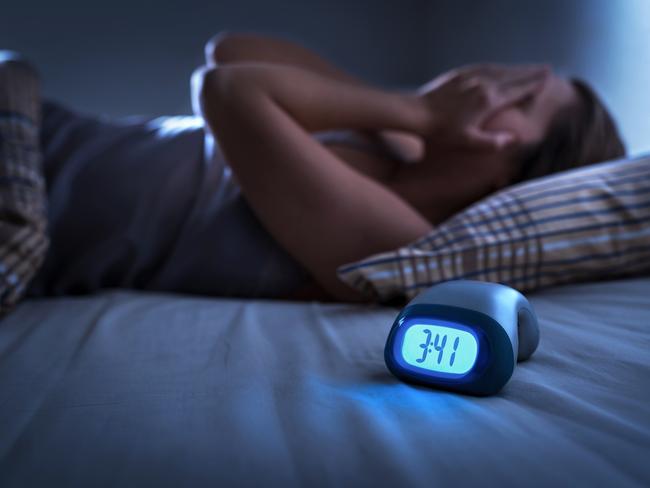Leading paediatrician Dr Golly’s top tips on how to handle daylight savings with infants and kids
The clocks will change in Victoria on Sunday, presenting a sleep schedule nightmare for parents. Paediatrician Dr Golly explains how to approach it with kids and babies.

News
Don't miss out on the headlines from News. Followed categories will be added to My News.
Changing sleep schedules can be tough for both kids and parents, but adjusting to daylight savings does not have to be a disaster, a leading paediatrician says.
With the clocks due to move forwards by one hour on Sunday, many parents are preparing for disarray – but Daniel Golshevsky, known as Dr Golly, said there were ways to make the transition easier.

“There are a broad spectrum of reactions for daylight savings time adjustments. It can be easy for some to feel tired and sluggish, with other children barely noticing it,” he said.
“More sunlight hours means it can feel more difficult to wind down in the evening, and it’s more likely that children wake in the early hours of the morning.”
He said poor sleep can affect “all aspects of health and welling”, with conditions like mood changes, mental health disorders, metabolic changes, changes to brain and immune health all impacted by chronic sleep deprivation.
“Long term, chronic health issues such as hypertension, heart disease and kidney disease are just a few linked to poor sleep quality.
“For babies and children, not getting the recommended amount of sleep can affect growth and brain development.”
Slowly transitioning kids into the time difference is one way to tackle the time difference, Dr Golly said, a strategy that uses the days in the lead up to Sunday.
“You can slowly transition children throughout the week leading up to the time change by moving everything forward by roughly 15 minutes each day,” he said.
“This is helpful if you have a younger baby and they are quite sensitive to changes in their routine.
“Know that it can be normal for babies to have a couple of days where their routine might be a little bit off, but staying consistent will help them adjust quickly to the change.”

He said if your child was starting to rely on negative sleep habits – such as consistently needing to be rocked or fed to get to sleep – it could be time to seek some external help.
“Another reason to reach out for help can be if you notice that your baby’s sleep patterns are still disrupted after 3-4 weeks. The smallest positive changes to sleep hygiene can see big results.”
Originally published as Leading paediatrician Dr Golly’s top tips on how to handle daylight savings with infants and kids



